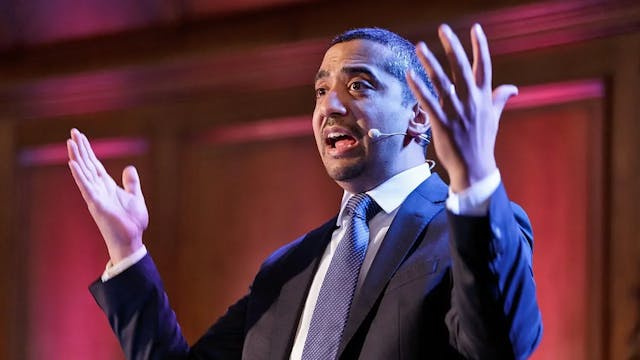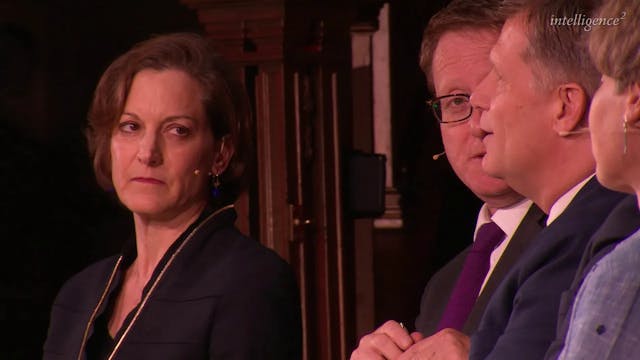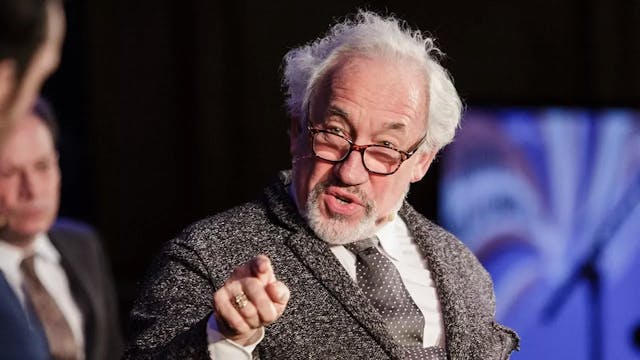If You Believe You Are a Citizen of the World, You Are A Citizen of Nowhere
Debates
•
1h 31m
“If you believe you are a citizen of the world, you are a citizen of nowhere. You don’t understand what citizenship means.”
When Theresa May uttered these words at the Tory party conference in 2016, there was uproar. May was targeting the liberal establishment, who flit business class from Mayfair to Monaco, from Davos to Doha; those in positions of power, who, as May put it, ‘behave as though they have more in common with international elites than with the people down the road’.
But many people who don’t fit in this frequent flyer category felt under attack too. For this group, believing you are a citizen of the world is a badge of honour, not shame. The cosmopolitan impulse, they believe, isn’t about loyalty to any single community. On the contrary, you can be a citizen of your street, your city, your country and the entire globe. And in our interconnected world, those with a burning concern for global justice, for the environment, for the strife and carnage happening beyond our borders, see themselves as part of humanity at large – as citizens of the world.
But for a different group of people, May’s words resonated deeply. These are the people who feel genuinely rooted in their communities, who feel the strongest sense of solidarity with those who share their history, language and other elements of a common culture. These people often feel sneered at as nationalists or worse, as bigots, by the elites who do not understand their profound intuition that the nation state is the natural expression of group identity.
To unpack these divisions at the heart of contemporary politics, Intelligence Squared is bringing together Simon Schama, one of Britain’s most celebrated historians, who embodies the cosmopolitan spirit; and Elif Shafak, the Turkish novelist and commentator, who calls herself a ‘world citizen and a global soul’. Joining them will be the author David Goodhart, whose bestseller The Road To Somewhere identifies two tribes –’Somewheres’, who feel strong local and national attachments, and ‘Anywheres’, global villagers who value autonomy and mobility; and David Landsman, a former diplomat now in the corporate world, who is concerned about the growing intellectualisation of work, which is widening the gap between the professional classes and everyone else.
Up Next in Debates
-
Debate: Anti-Zionism is Anti-Semitism
Is there a country in the world that attracts so much criticism as Israel? Studies consistently show Israel to be one of the most disliked nations in the world (along with Iran and North Korea). But how much of this is to do with genuine concern about Israel’s actions, and how much is actually a ...
-
The Threat From Russia: Can Putin Be ...
Is Vladimir Putin the most powerful – and dangerous – man in the world? With Putin in the Kremlin, we have returned to an era where former Russian spies are mysteriously poisoned on British soil and where Russia feels emboldened to roll its tanks into an eastern European state. The Kremlin uses d...
-
Brave New World vs Nineteen Eighty-Fo...
The battle between two of the greatest dystopian novels Brave New World and Nineteen Eighty-Four is strikingly urgent in our world of Donald Trump, 'fake news', and technological advances. On the Intelligence Squared stage, we have Will Self arguing for Brave New World and Adam Gopnik arguing for...



